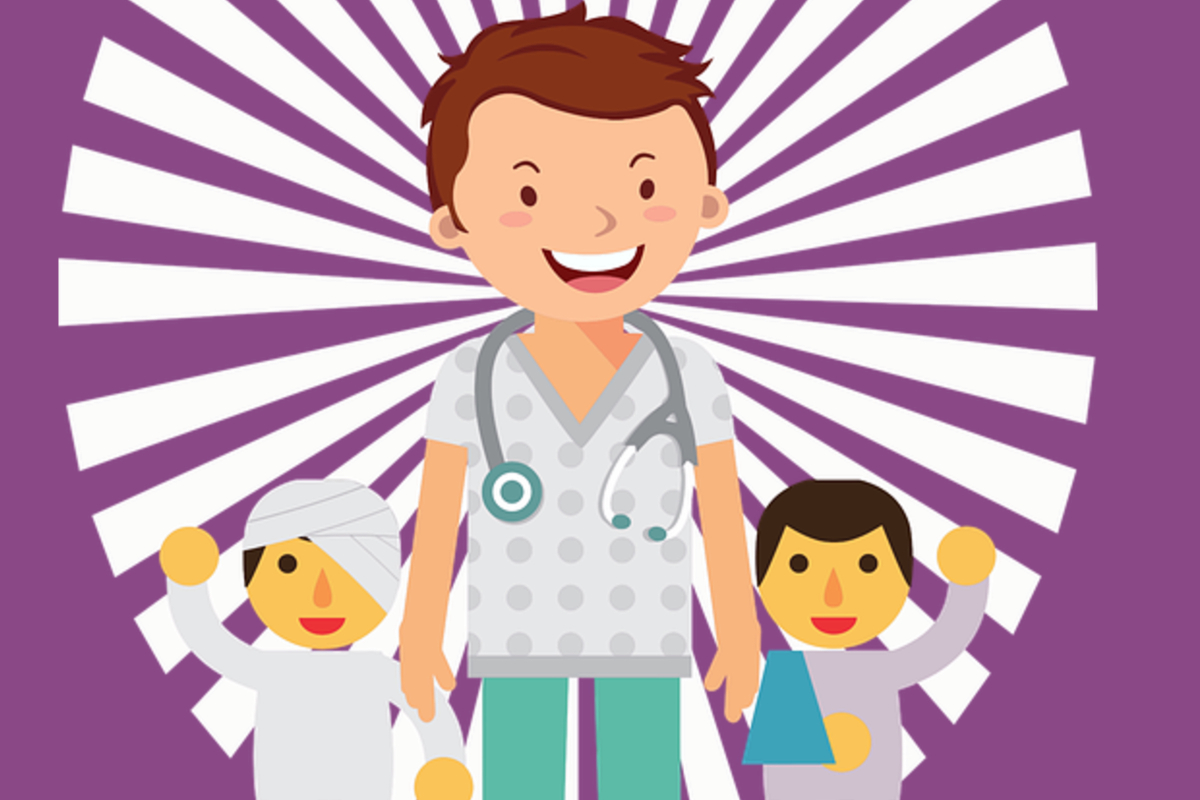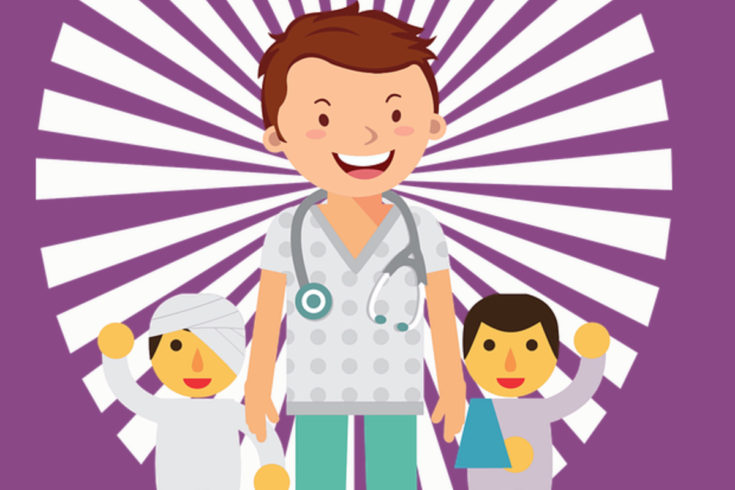Disclosure: This post may contain affiliate links, meaning we get a commission if you decide to make a purchase through our links, at no cost to you. Please read our disclosure for more info.
Protecting your child’s health is important at any age, and you can look out for your little one’s well-being by scheduling regular doctor care. There are certain checkups that every child should have to ensure long-term, good health.  Here are some of the regular doctor visits that you should be scheduling for your son or daughter.
Here are some of the regular doctor visits that you should be scheduling for your son or daughter.
Immunizations
Immunizing your child against certain diseases can keep him or her from getting sick. Vaccinations for hepatitis A and B can be given before the age of two. The Centers for Disease Control and Prevention (CDC) also recommends immunizing your child against measles, mumps, and rubella starting at 12 months of age. Vaccinations against tetanus, diphtheria, and polio are also advisable for children. You may even want to consider getting the HPV vaccine for your child for protection against certain types of cancer that could develop later in life.
Weight and Height Checks
You should also be taking our child to the doctor for regular weight and height checks. This will help ensure that your child is growing at a healthy rate and maintaining an ideal body weight for his or her age. The pediatrician who you visit may even be able to determine your child’s body mass index (BMI) by measuring the total percentage of body fat. With the growing epidemic of childhood obesity, it is important to have your child’s weight monitored regularly to help prevent excess weight gain and the associated health problems that come along with it.
Lead Testing
The lead that is found in certain paint products or contaminated food and water can enter your child’s system and cause serious harm. Lead exposure can be especially harmful to children who are younger than age six. Periodic blood tests can be performed to measure the amount of lead that is in your child’s system. Testing is often done by taking a blood sample with a heel stick or through an intravenous blood draw if your child is old enough. Urine samples can also be collected for testing. If dangerous levels of lead are discovered, medicine can be given that allows your child to excrete lead through urination.
Dental Checkups
Maintaining good dental health is paramount to childhood development and should be a top priority. Taking your son or daughter to a trusted pediatric dentist in your area is key for the prevention of cavities, gum disease, and other serious dental problems. If any cavities are discovered, fillings can be put in to save teeth from further decay. It is important to find a dentist who is good with kids and knows effective ways to calm any fears or anxieties. This dentist can also provide at-home care tips so that your child can maintain good dental health in between visits. Seeing a dentist may also help your child if he or she suffers from chronic headaches.
Vision Screenings
Eyesight problems are known to affect children as well as adults. Having your child’s vision screened starting in infancy can help you diagnose and treat certain abnormalities. Doctors can perform vision tests on children who are not old enough to speak, so it is best to start screenings at an early age. The doctor can examine each eye closely to identify any conditions that may hamper vision. Your child will likely be asked to read a row of letters or numbers from a distance to help determine the strength of each eye. Eyeglasses and contact lenses that are specifically designed for children can help your son or daughter see clearer if any vision problems exist. Check out these true eye 30 lenses.You can help your son or daughter grow up to be strong and healthy by scheduling the recommended doctor visits. Any concerns that are discovered during these visits can often be corrected to prevent future problems.

